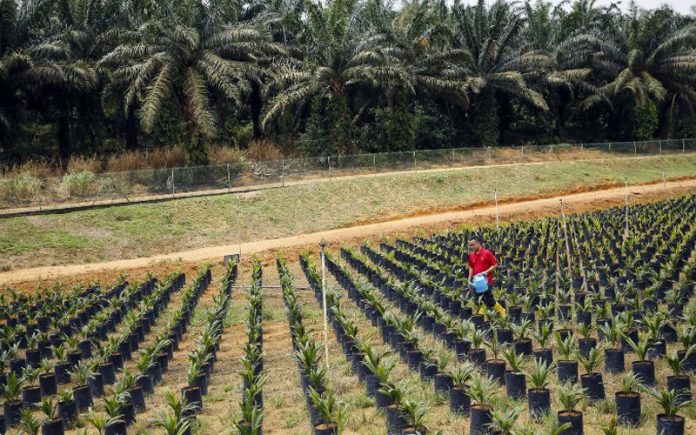
SINGAPORE: Forest-related risks could cost companies that trade in or use Indonesian palm oil as much as US$10 billion this year, according to a study of more than 100 firms published by a global environmental group.
The non-profit CDP said it surveyed 125 firms that are producing, sourcing or using Indonesian palm oil, and respondents collectively reported as much as US$10 billion in potential financial impacts from reputational and market risks.
Indonesia is the world’s largest producer of palm oil, a versatile edible oil found consumer goods from food to cosmetics.
It is also home to the biggest forests outside of the Amazon and Congo.
Environmental groups have blamed palm oil cultivation for widespread deforestation and the killing of endangered animals.
“Brand damage is the greatest financial risk, with a potential financial impact totalling US$4.2 billion,” CDP, formerly known as the Carbon Disclosure Project, said in the study released late Wednesday.
“Given that less than half of companies provided financial information, this is likely to be an underestimate of the true potential financial impact,” it added.
Other risks included reduced demand, production capacity and disruption in sales.
The cost of risk had doubled from 2019 to 2020, with more firms disclosing information and rising awareness of deforestation among consumers and companies, it said.
Indonesia in June said that it had scaled back protection of tropical forests ahead of the worst fires season because of budget cuts due to the coronavirus pandemic.
Deforestation for palm oil has led countries to restrict imports of the edible oil, while labour concerns has seen the US block some Malaysian palm oil products.
Indonesia’s Palm Oil Association on Thursday questioned the CDP findings and said firms had adhered to domestic industry standards.
“We have never heard complaints … that the use of palm oil materials causes greater financial risk,” a spokesman said.
“It doesn’t make sense because palm oil is a competitive product in terms of price.”



